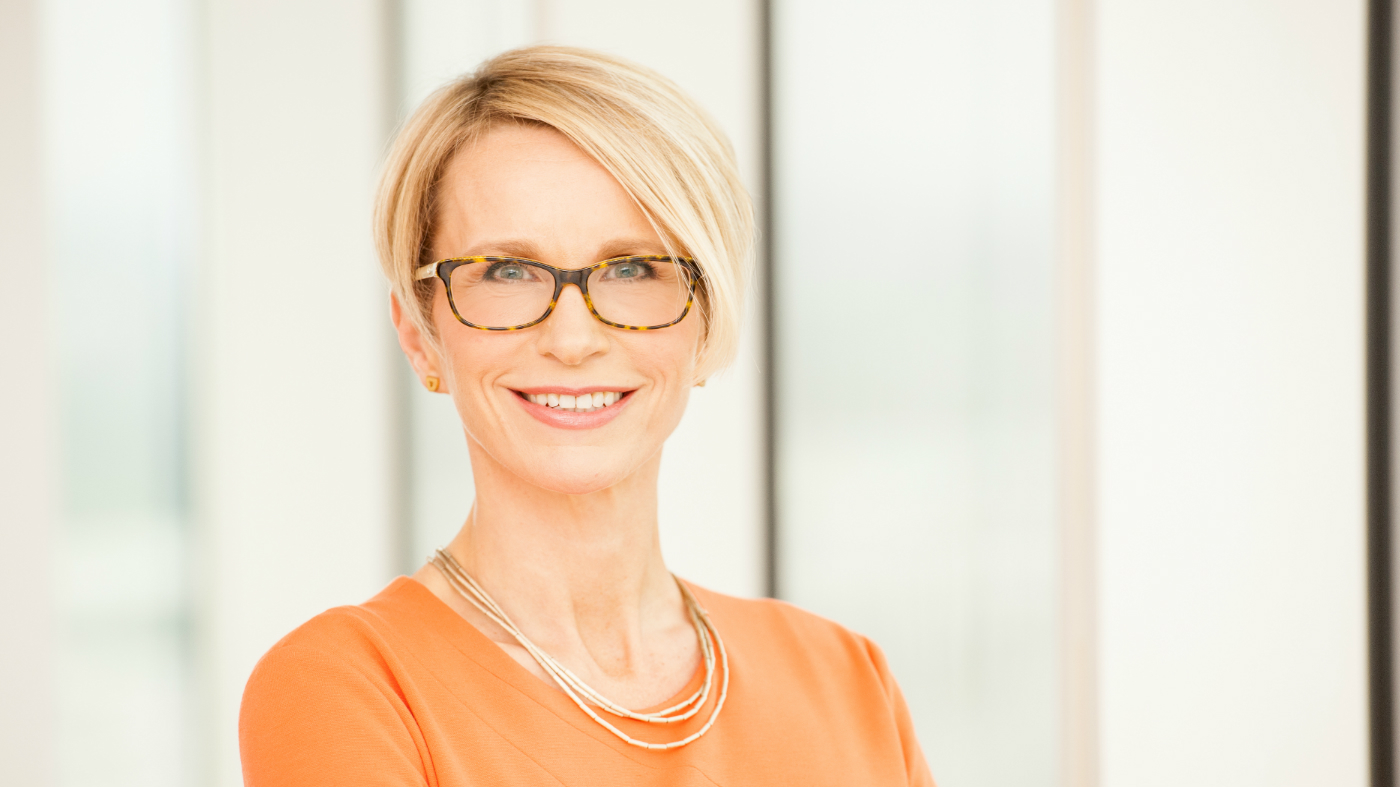GlaxoSmithKline's first female boss gets 25% less than her predecessor
Company says deal reflects Emma Walmsley's more limited experience as a chief executive

A free daily email with the biggest news stories of the day – and the best features from TheWeek.com
You are now subscribed
Your newsletter sign-up was successful
Pharmaceuticals giant GlaxoSmithKline is likely to "stir up debate" with the pay deal for its first ever female chief executive, says the Daily Telegraph.
Emma Walmsley will receive a maximum of £8.7bn a year once all bonuses, share awards and pension contributions are taken into account - 25 per cent less than the £11.6m maximum to which previous boss Sir Andrew Witty was entitled last year.
At £1m, her basic pay is ten per cent lower than her predecessor's while the company's estimate of her actual take-home pay of £3m is less than half the £6.8m Witty received for 2016, says the Daily Mail.
The Week
Escape your echo chamber. Get the facts behind the news, plus analysis from multiple perspectives.

Sign up for The Week's Free Newsletters
From our morning news briefing to a weekly Good News Newsletter, get the best of The Week delivered directly to your inbox.
From our morning news briefing to a weekly Good News Newsletter, get the best of The Week delivered directly to your inbox.
GlaxoSmithKline, which has been negotiating with shareholders for weeks over Walmsley's pay deal, said the reduced rate reflects her more limited experience as this is her first chief executive appointment.
By contrast, Witty was "one of the most respected bosses in the FTSE 100 and [had] been chief executive since 2008".
Despite the relative shortfall, the deal still makes Walmsley one of the highest paid women in Britain and she will be the highest paid on the FTSE 100 if she achieves the upper end of her potential.
At present, the highest paid women on the blue chip index are Whitbread's Alison Brittain, whose pay could reach more than £6m with performance-related incentives, and Imperial Brand's Alison Cooper, who was paid £5.5m in 2016.
A free daily email with the biggest news stories of the day – and the best features from TheWeek.com
-
 How the FCC’s ‘equal time’ rule works
How the FCC’s ‘equal time’ rule worksIn the Spotlight The law is at the heart of the Colbert-CBS conflict
-
 What is the endgame in the DHS shutdown?
What is the endgame in the DHS shutdown?Today’s Big Question Democrats want to rein in ICE’s immigration crackdown
-
 ‘Poor time management isn’t just an inconvenience’
‘Poor time management isn’t just an inconvenience’Instant Opinion Opinion, comment and editorials of the day
-
 Labour shortages: the ‘most urgent problem’ facing the UK economy right now
Labour shortages: the ‘most urgent problem’ facing the UK economy right nowSpeed Read Britain is currently in the grip of an ‘employment crisis’
-
 Will the energy war hurt Europe more than Russia?
Will the energy war hurt Europe more than Russia?Speed Read European Commission proposes a total ban on Russian oil
-
 Will Elon Musk manage to take over Twitter?
Will Elon Musk manage to take over Twitter?Speed Read The world’s richest man has launched a hostile takeover bid worth $43bn
-
 Shoppers urged not to buy into dodgy Black Friday deals
Shoppers urged not to buy into dodgy Black Friday dealsSpeed Read Consumer watchdog says better prices can be had on most of the so-called bargain offers
-
 Ryanair: readying for departure from London
Ryanair: readying for departure from LondonSpeed Read Plans to delist Ryanair from the London Stock Exchange could spell ‘another blow’ to the ‘dwindling’ London market
-
 Out of fashion: Asos ‘curse’ has struck again
Out of fashion: Asos ‘curse’ has struck againSpeed Read Share price tumbles following the departure of CEO Nick Beighton
-
 Universal Music’s blockbuster listing: don’t stop me now…
Universal Music’s blockbuster listing: don’t stop me now…Speed Read Investors are betting heavily that the ‘boom in music streaming’, which has transformed Universal’s fortunes, ‘still has a long way to go’
-
 EasyJet/Wizz: battle for air supremacy
EasyJet/Wizz: battle for air supremacySpeed Read ‘Wizz’s cheeky takeover bid will have come as a blow to the corporate ego’